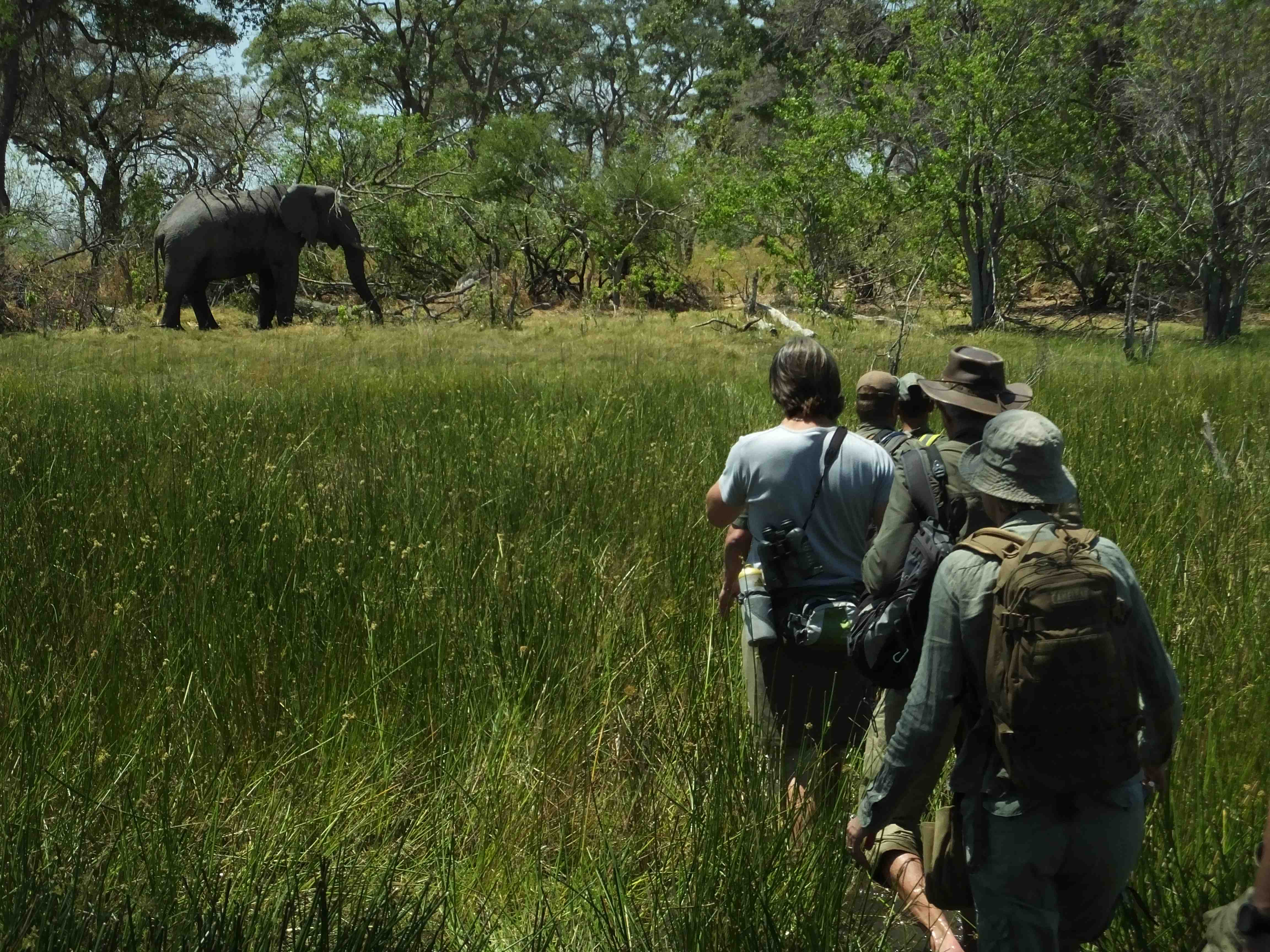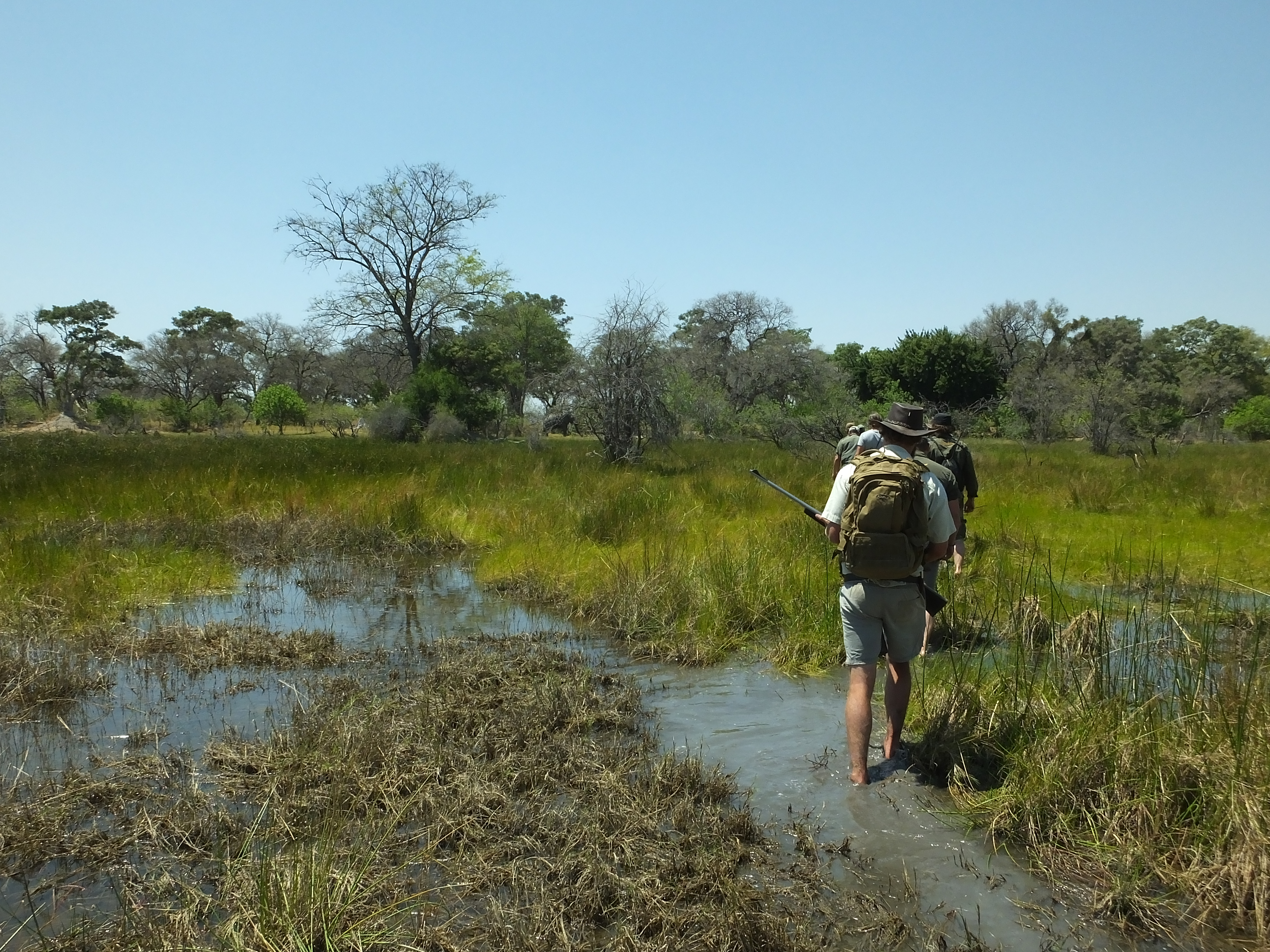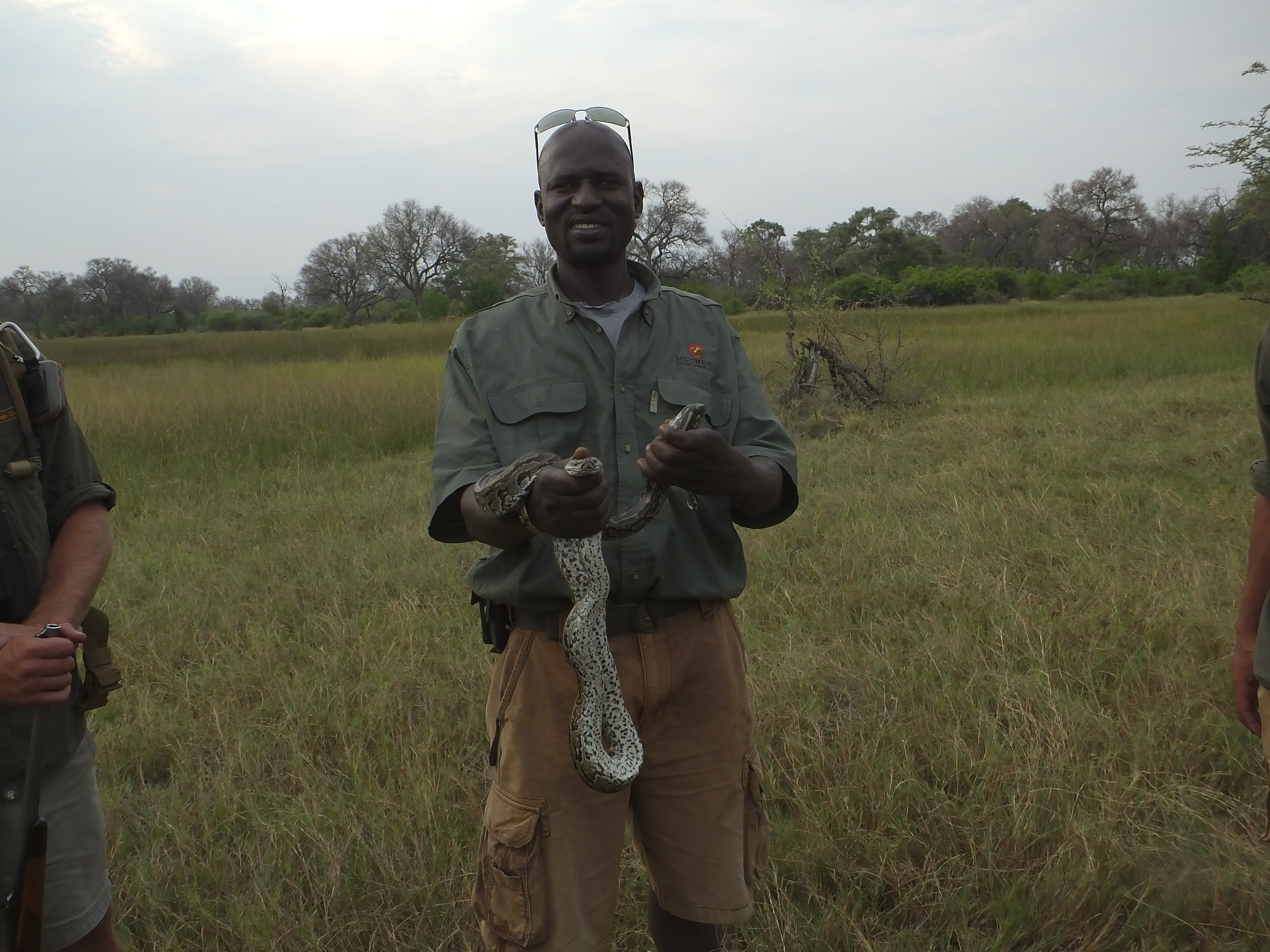SAFARI GUIDE TRAINING COURSES
There are many safari and ranger guide training schools throughout Southern Africa. This makes it hard to choose the right training school. If you select on price alone you will always be sacrificing quality. So the question is what makes a quality training experience? The following is our view of what makes a great training experience and why our safari guide training courses are beyond compare.
THE AREA OF TRAINING
The learning experience is influenced by the natural beauty of the area and the habitat diversity. Our area offers a vast combination of river channel’s, floodplains, lagoons as well as riparian woodland, savannah, mopane scrub, climax mopane woodland and grasslands.
Our safari guide training camp on the river is situated in the Okavango Delta of Botswana. The Okavango is one of the most scenically spectacular wildlife areas anywhere in the world. The myriad of crystal clear channels and wildlife rich islands is a habitat unlike any other.
Possibly the most amazing thing about the area is the fact that it is part of a wilderness that stretches unfenced for hundreds of thousands of square kilometres through Moremi Game Reserve, Chobe National Park, the Caprivi Strip of Namibia, southern Angola and southern Zambia.
BIODIVERSITY
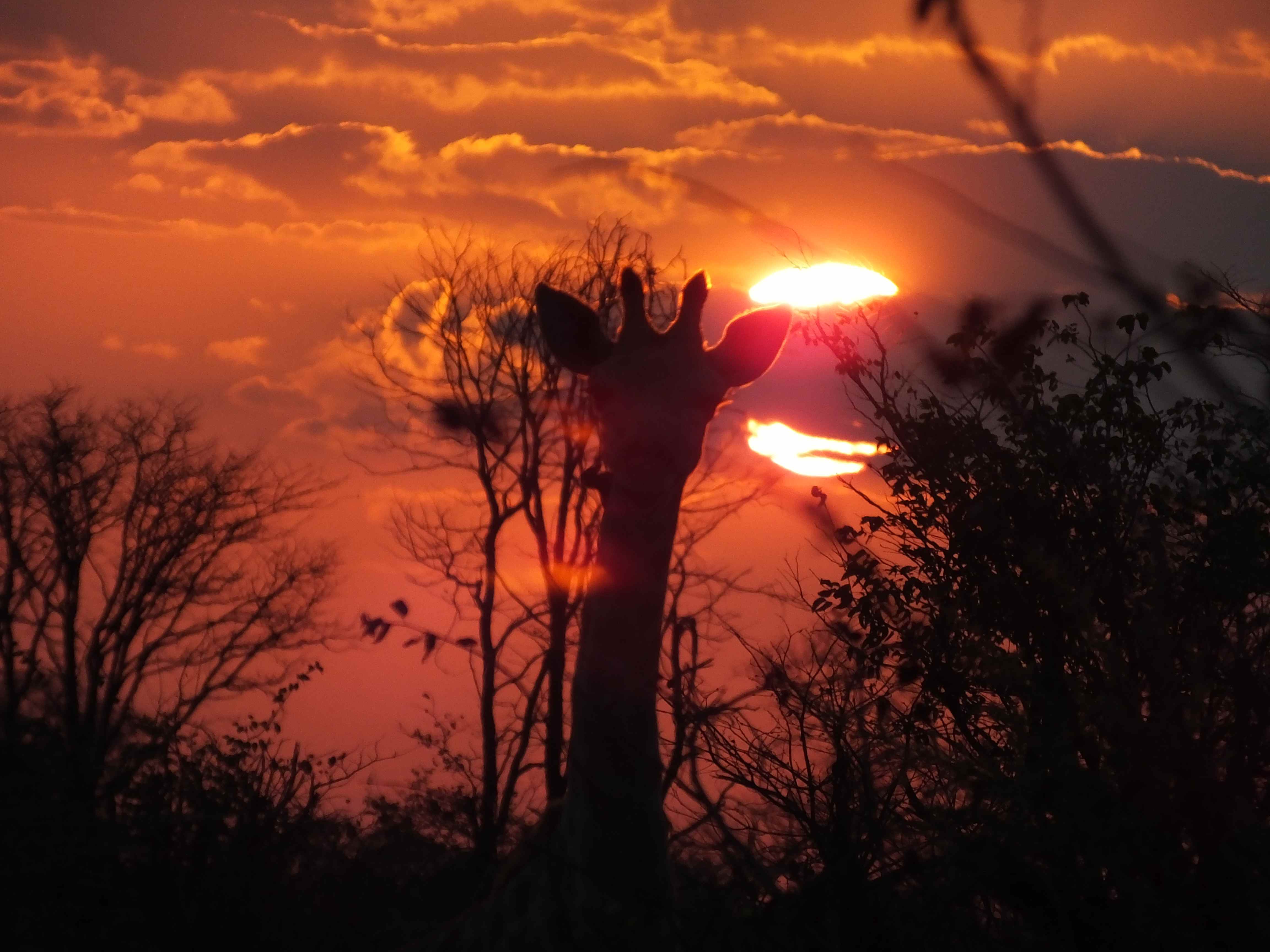
In order to learn the skills of being a guide you need to be immersed in an environment where there is a good diversity of the prominent and flagship species.
Our trainingcamp has good numbers of elephant, buffalo, giraffe, zebra, kudu, impala, reedbuck and other herbivores. Rhinoceros are vagrant through the area but there are no rhino resident in the concession that we are aware of. Predators include lion, leopard, cheetah, wild dog, serval, caracal, african wildcat, black-backed jackal, side-striped jackal, spotted hyaena and other smaller predators. In short there is pretty much everything the savannah biome has to offer with regards to wildlife.
The area has over 300 species of birds and the list is still growing. Some of the highlight birds are wattled crane, lesser jacana, long-crested eagle, saddlebill stork, green-capped eremomela, greater painted snipe, coppery-tailed coucal, luapula cisticola to mention but a few.
ACTIVITIES
Our training courses allow you to learn the skills of conducting a game-drive, how to drive a motor boat as well as pole a mokoro (dug-out canoe) on the waterways of the Okavango as well as a lot of time on foot in the wilderness . Our barge allows us to deliver on our motto “taking the classroom to the wilderness”. While cruising along the waterways this stable platform we learn about the hydrology of the Okavango, the aquatic plants, the local birds, amphibians and fish. At the end of the day we find a suitable island to camp on, catch some fresh bream for dinner and have a sun downer.
THE TRAINERS
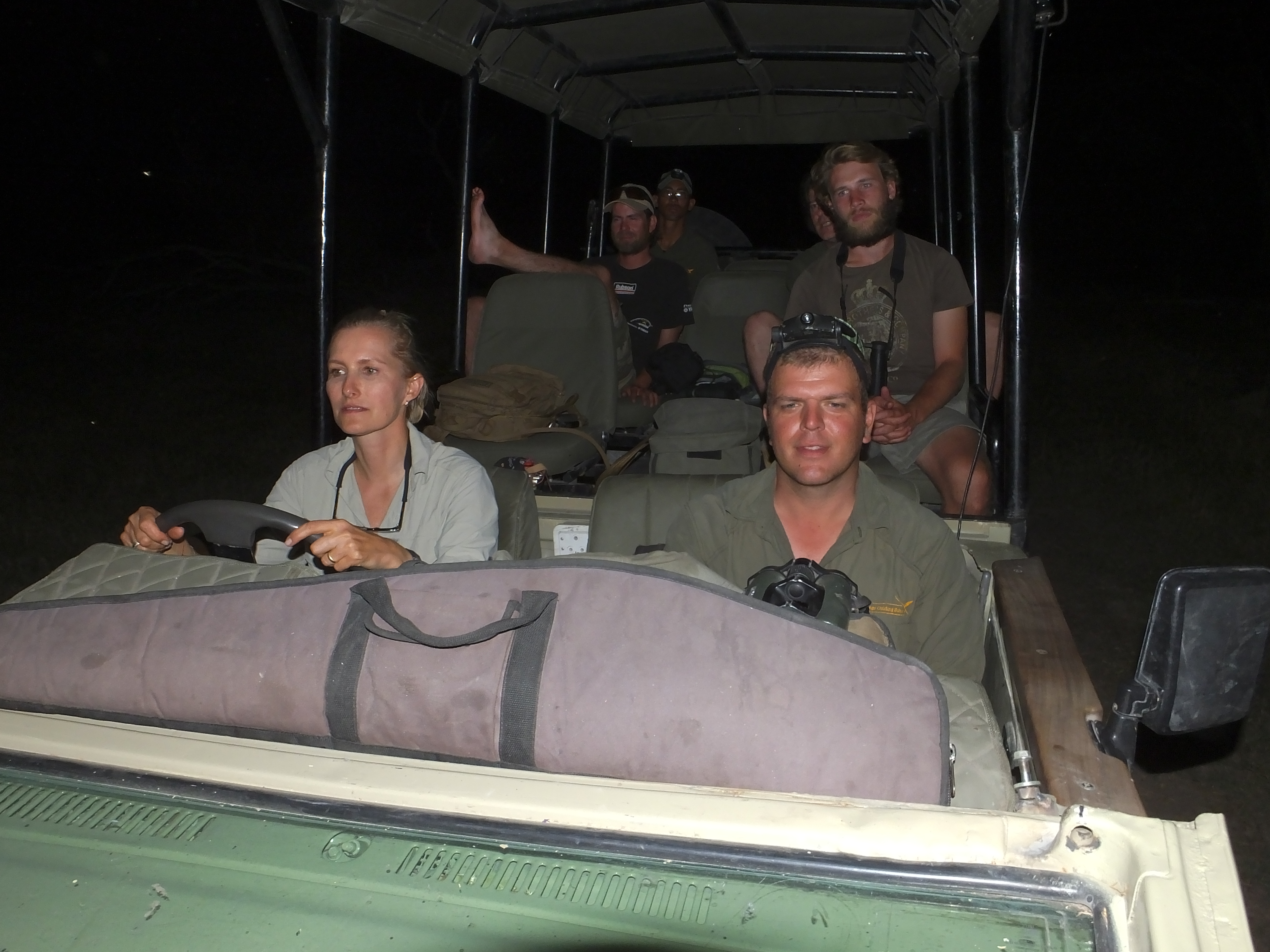
Even in a great area with wonderful biodiversity you need a great guide trainer. The trainer not only helps you to identify the species but also to interpret the behaviour and understand the complex and fascinating interactions between the species and their environment.
We have a team of safari guide instructors that are unsurpassed in their qualifications and experience.
LEARNING MATERIALS
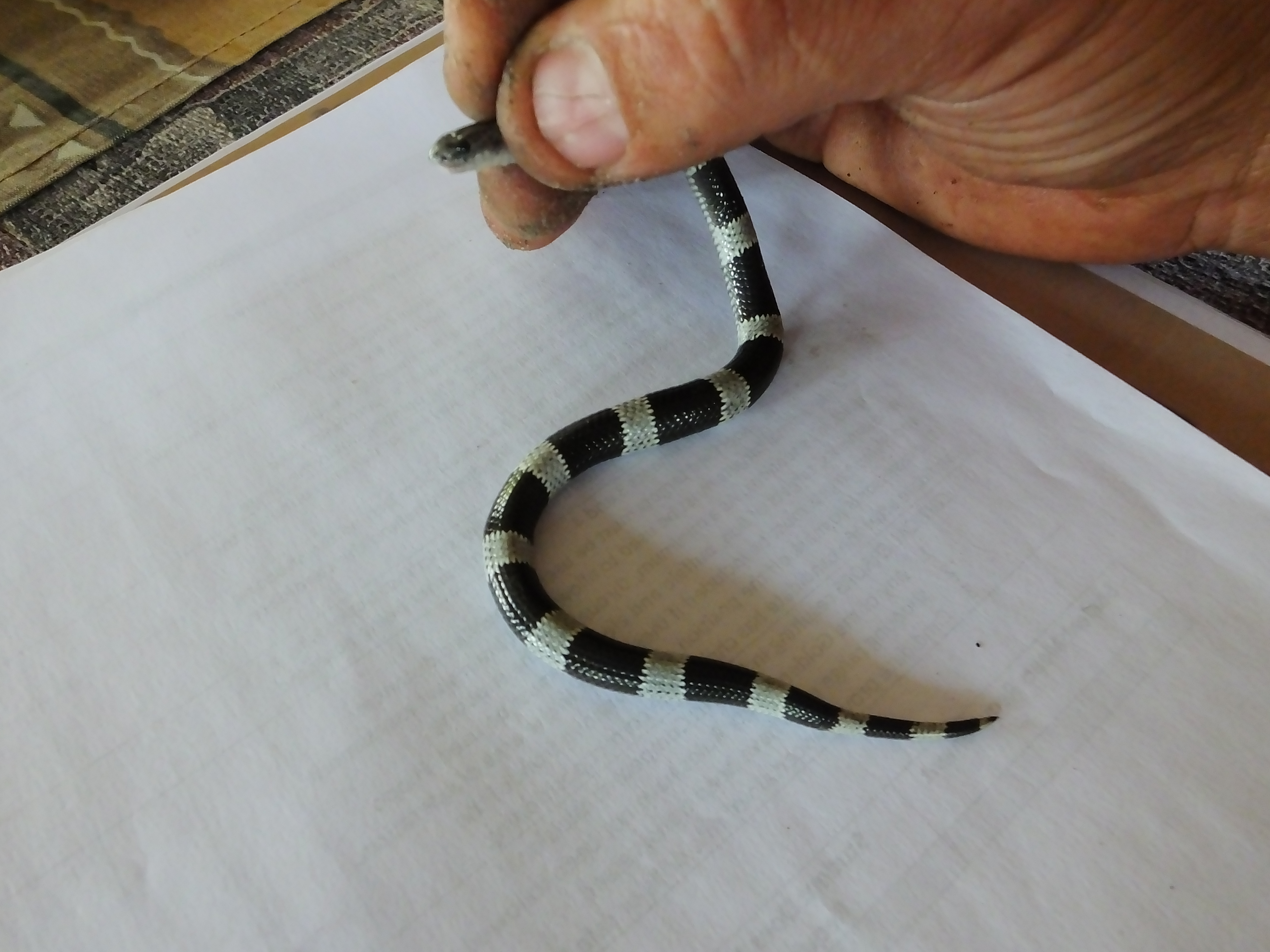
When undertaking a safari guide training course there is a significant time investment into learning theories, definitions, terminology, species names and much more. You want to make sure that the material you are studying is up-to-date and factually correct.
We have developed what is the most comprehensive guide training manual the industry has seen. Our policy is to make the learning materials available to students before the course and allowing students to become familiar with the material before coming on course. This allows the student attending the guide training course to spend more time in the field and less time listening to lectures. There is little point coming to Africa’s finest wilderness to spend time in a classroom listening to lectures on topics you could read through in the comfort of your home. With our approach we can take the classroom to the bush and everything we find out there becomes a living example of what you have read in the manual.
SPONSORSHIP MODEL
We are proud to be the only guide training school to put a local citizen on every course to be co-trained alongside the international students.
Eco Tourism is one of the most abused catch phrases of the past 2 decades. The concept of Eco Tourism is the absolute minimum impact on the environment with the focus of using the experience in the environment to educate people and to give the surrounding communities real benefit from the people visiting the area. And following the true definition of eco tourism or safari guide training courses are one of the few real examples of eco tourism that works.
We hand-pick our sponsorship candidates from a large pool of young local people who would like to become guides. We target individuals who have the core skills to one day become great guides and by bringing one of these candidates on course with you there is a wonderful opportunity for you to learn about the culture of the local people as well as the wildlife and ecology of Botswana. We have students who many years later still follow the careers of the sponsored students and even some who have returned later to do safaris and be guided by their Motswana friend from their safari guide training course.

